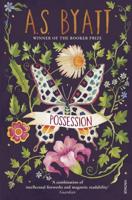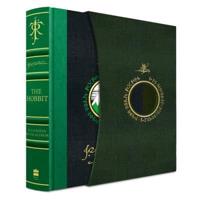Publisher's Synopsis
Controversial, contradictory, and mysterious, Utopia by Sir Thomas More has engaged scholars and intrigued readers since its initial publication in the 16th century. More's imagining of Utopia presents a solution to many of the social ills discussed in the first part of the text, yet seems also to embody a rejection of More's own well-documented Catholic beliefs. The novel popularized the concept of Utopian societies in literary works, and can even be credited with the first introduction of the Greek term utopia into the English language. Utopia begins with written correspondence between Thomas More and several people he had met on the continent: Peter Giles, town clerk of Antwerp, and Jerome Busleiden, counselor to Charles V. More chose these letters, which are communications between actual people, to further the plausibility of his fictional land. In the same spirit, these letters also include a specimen of the Utopian alphabet and its poetry. It is a great book that allows one to think about human nature. Utopia itself is an imaginary place that is nonexistent. Many have wondered over the years why More even wrote it. It forces one to consider that if the government of a place allows circumstances to occur that remove mans ability to take care of basic needs on a just and right way, should they be punished when they achieve it by breaking their laws?











